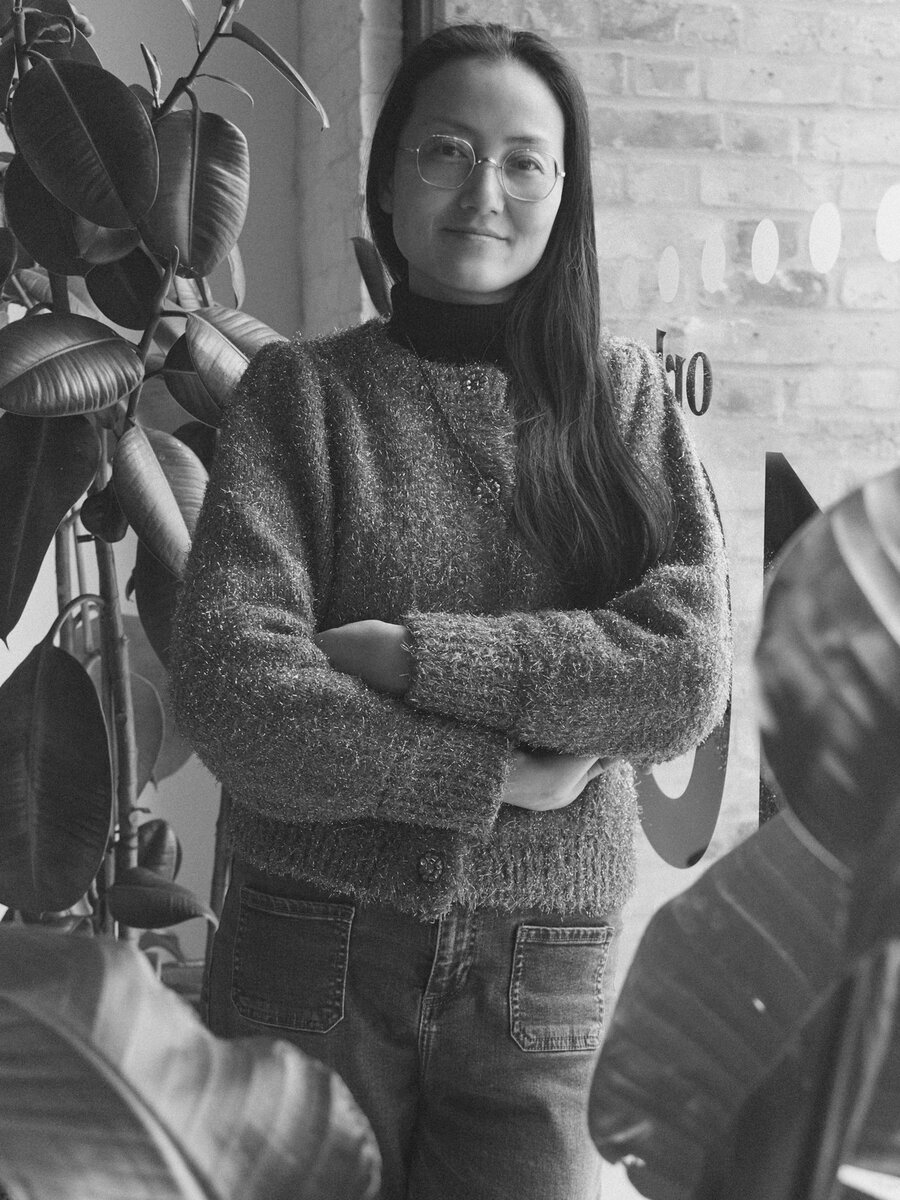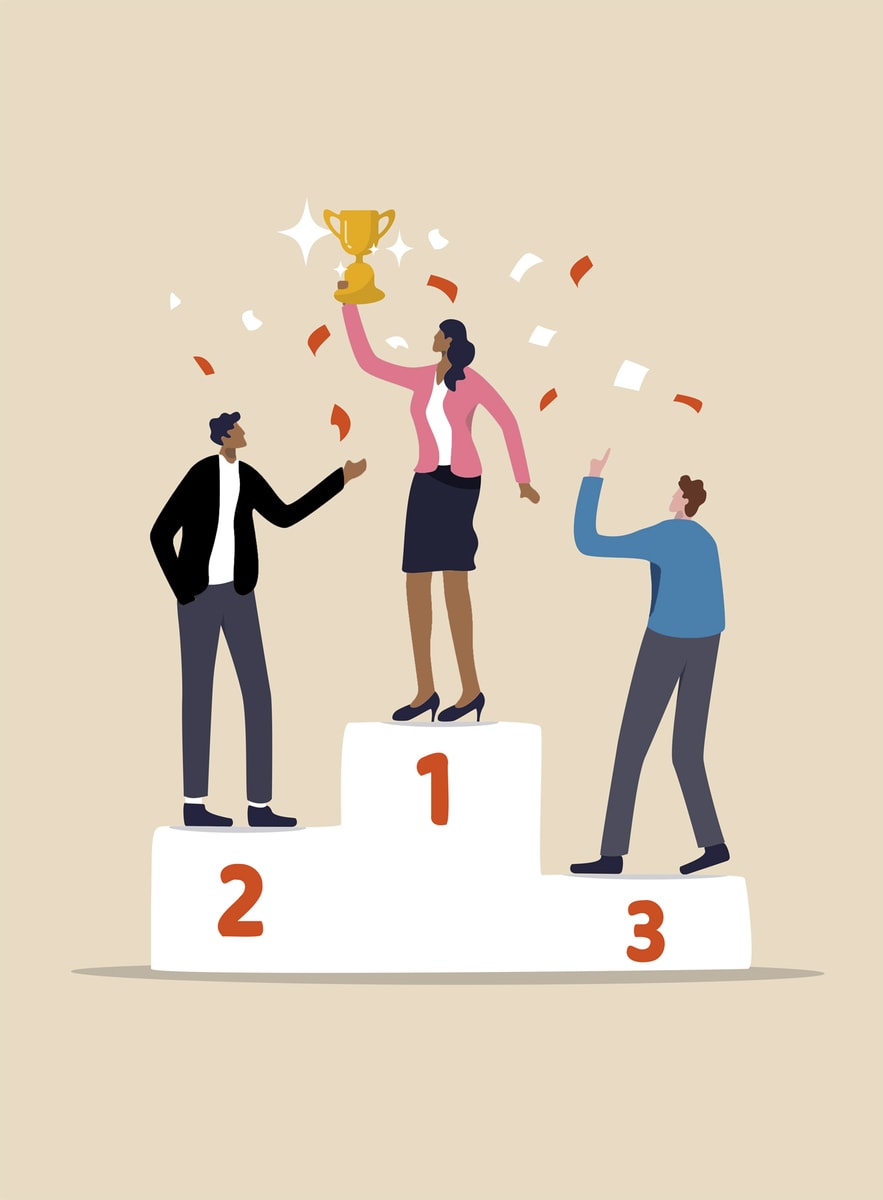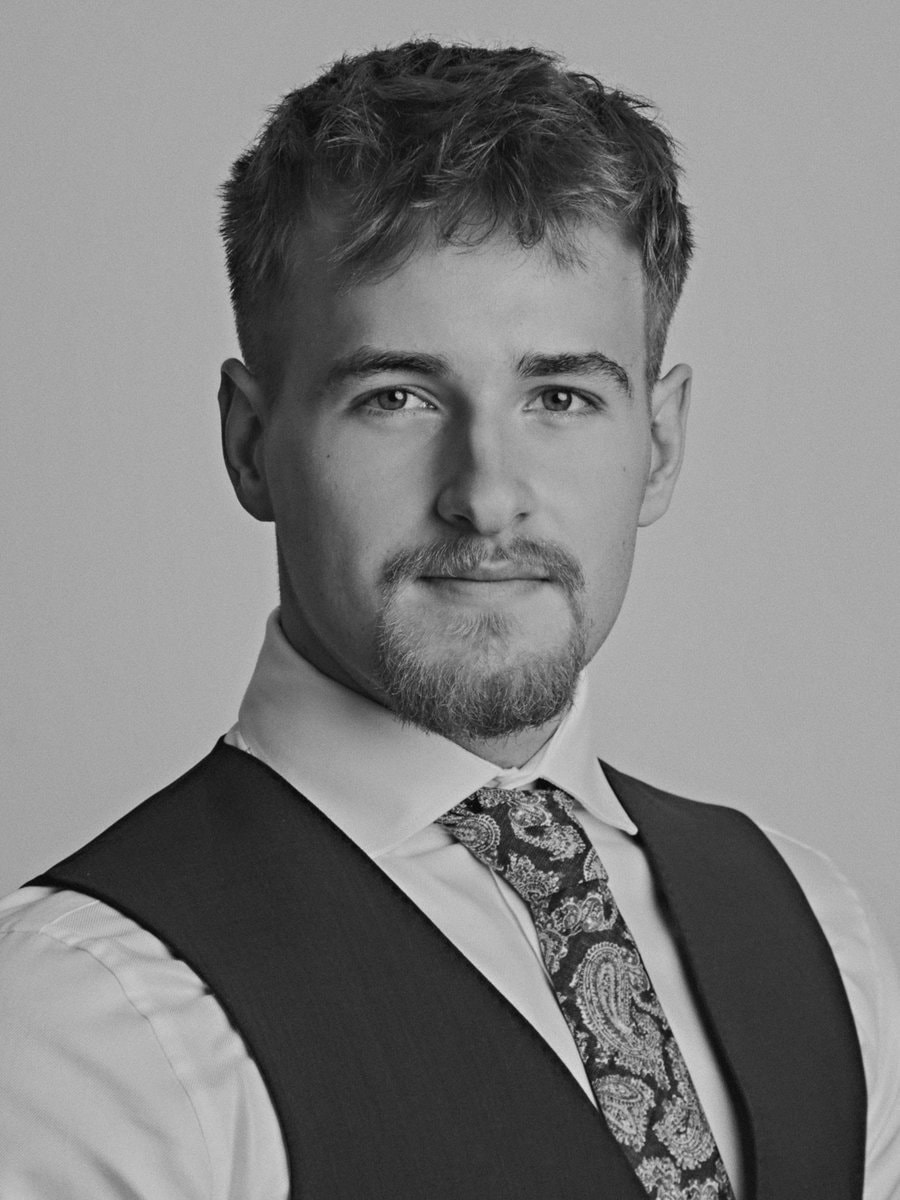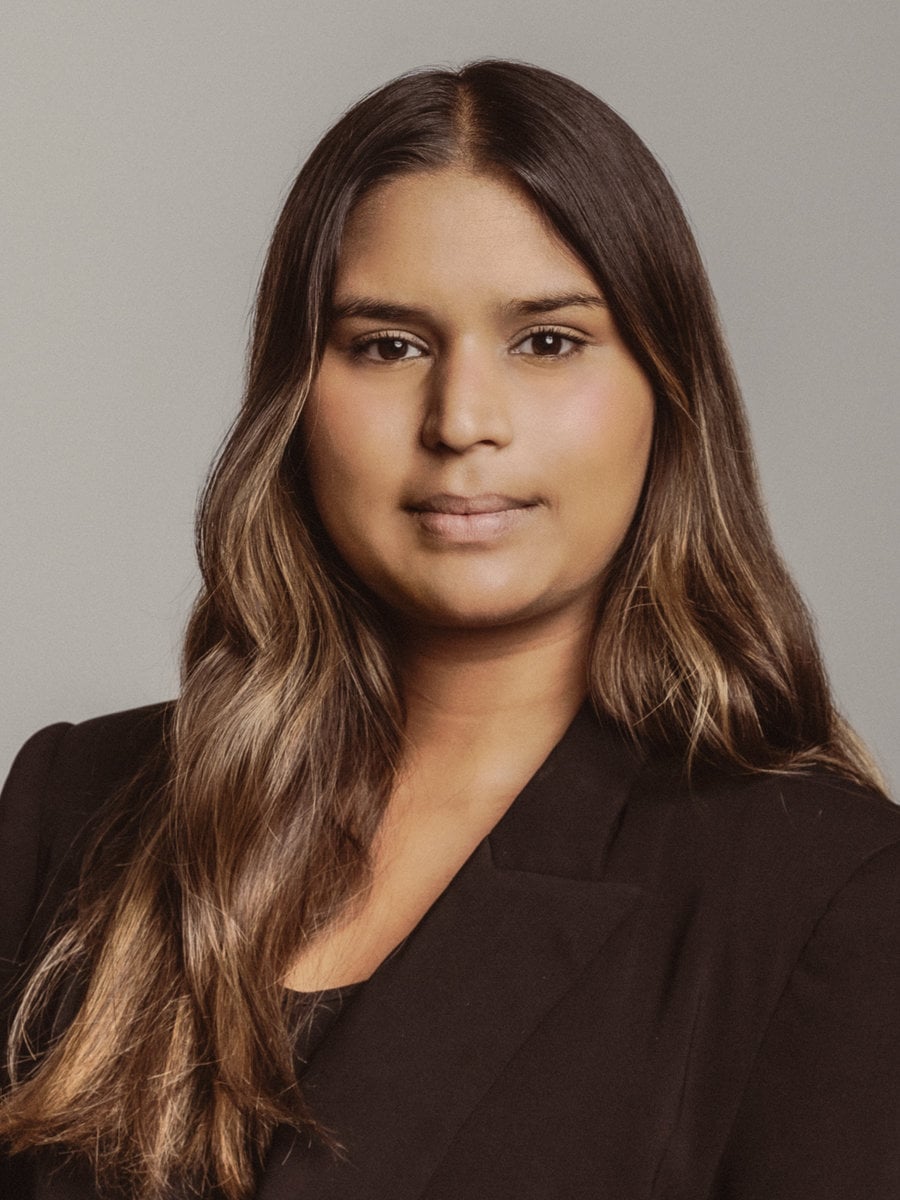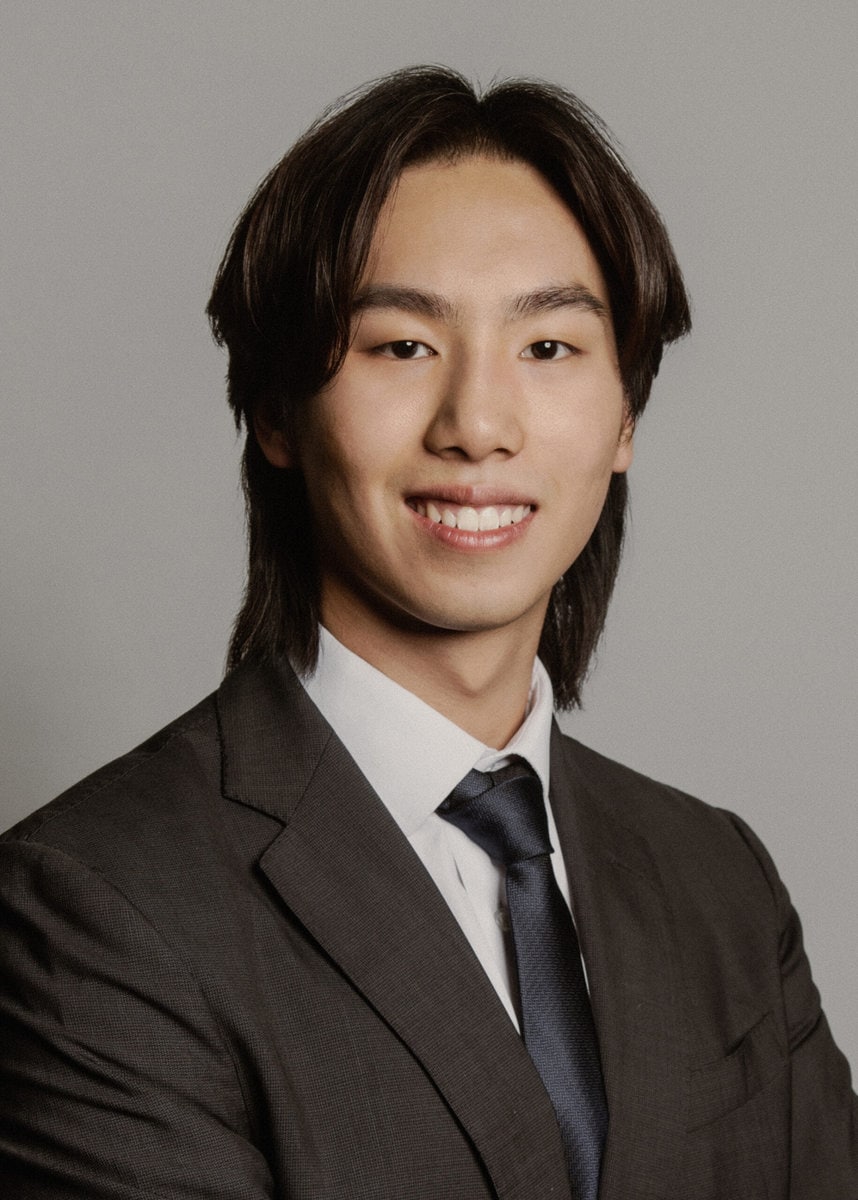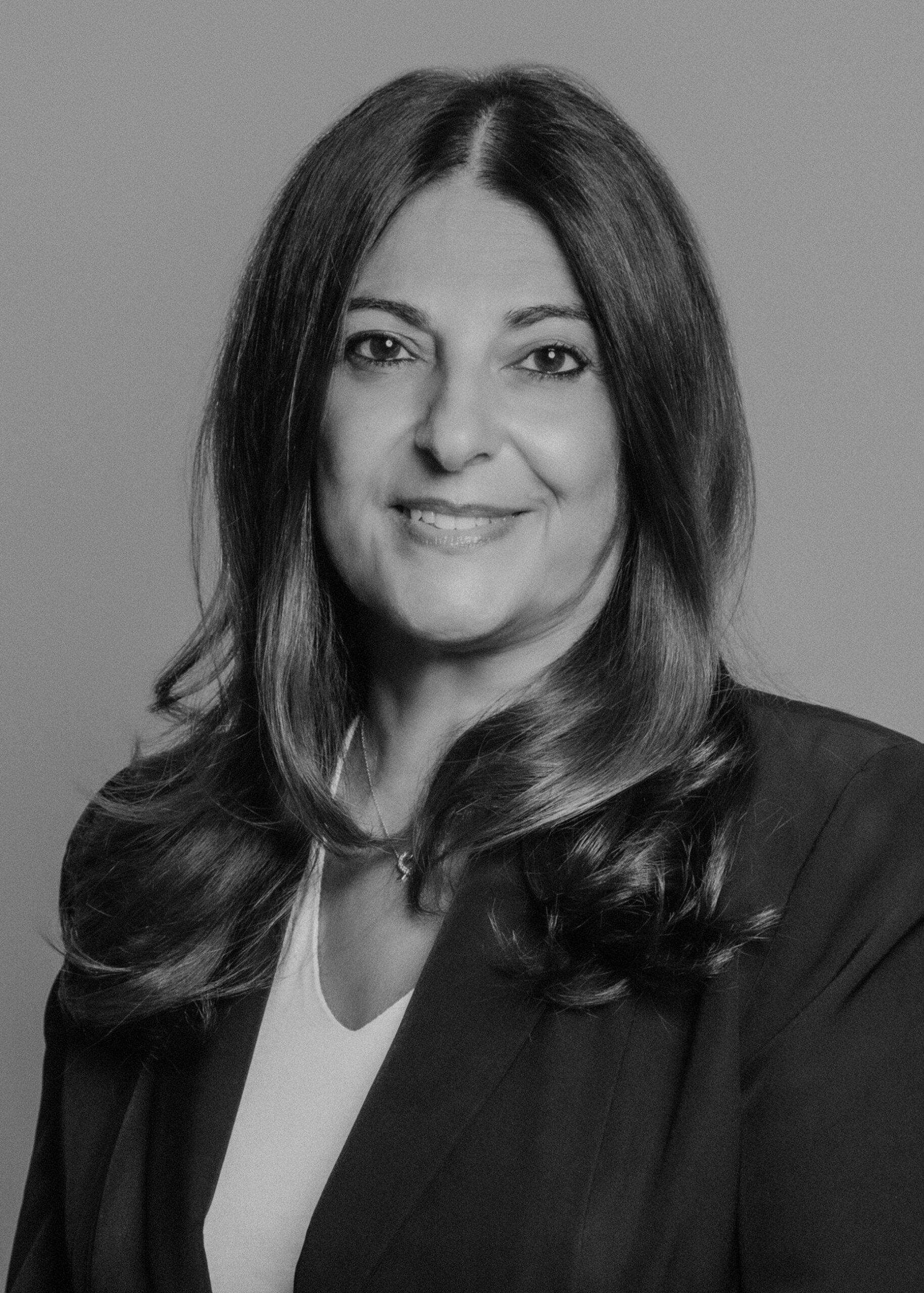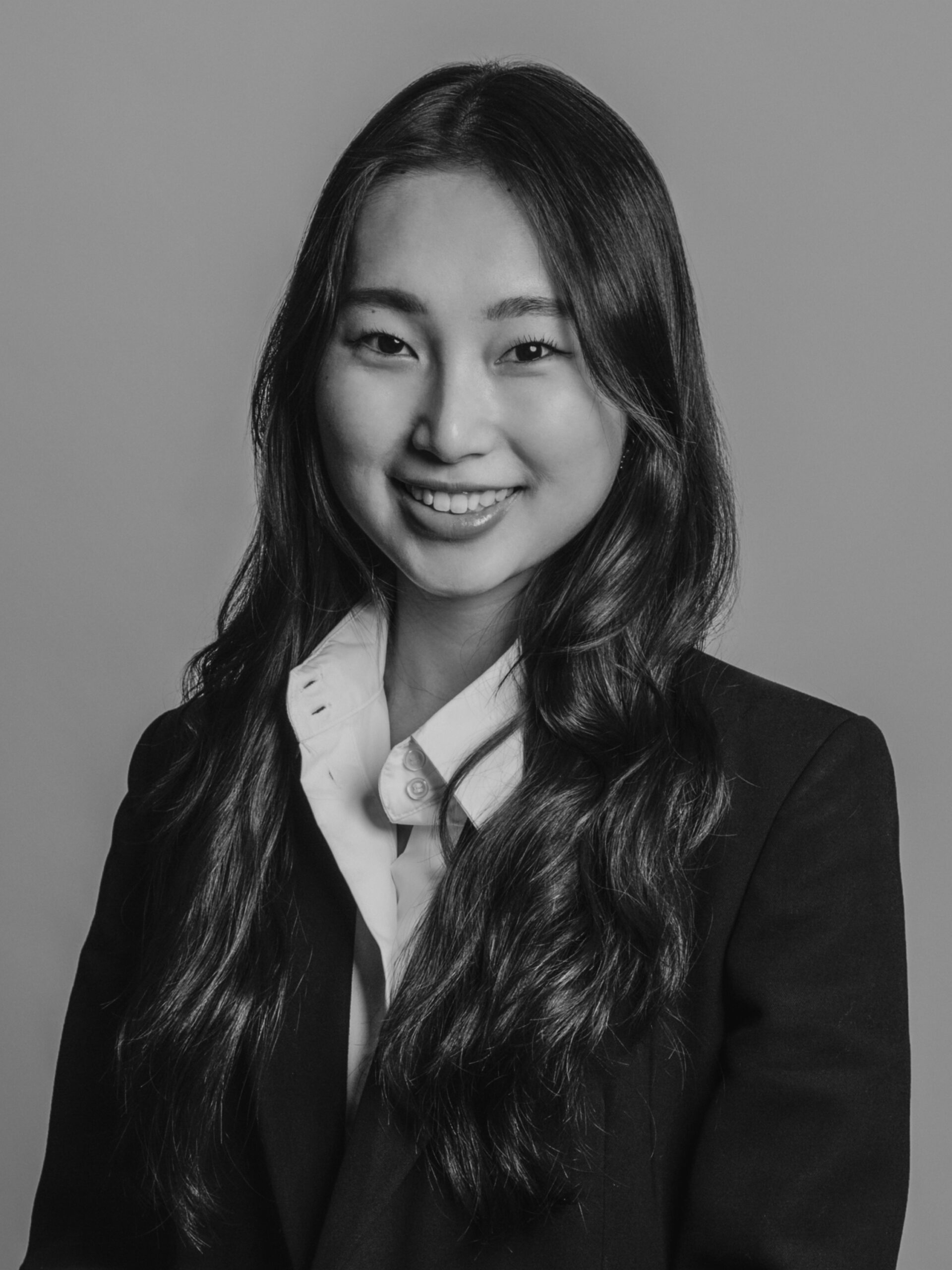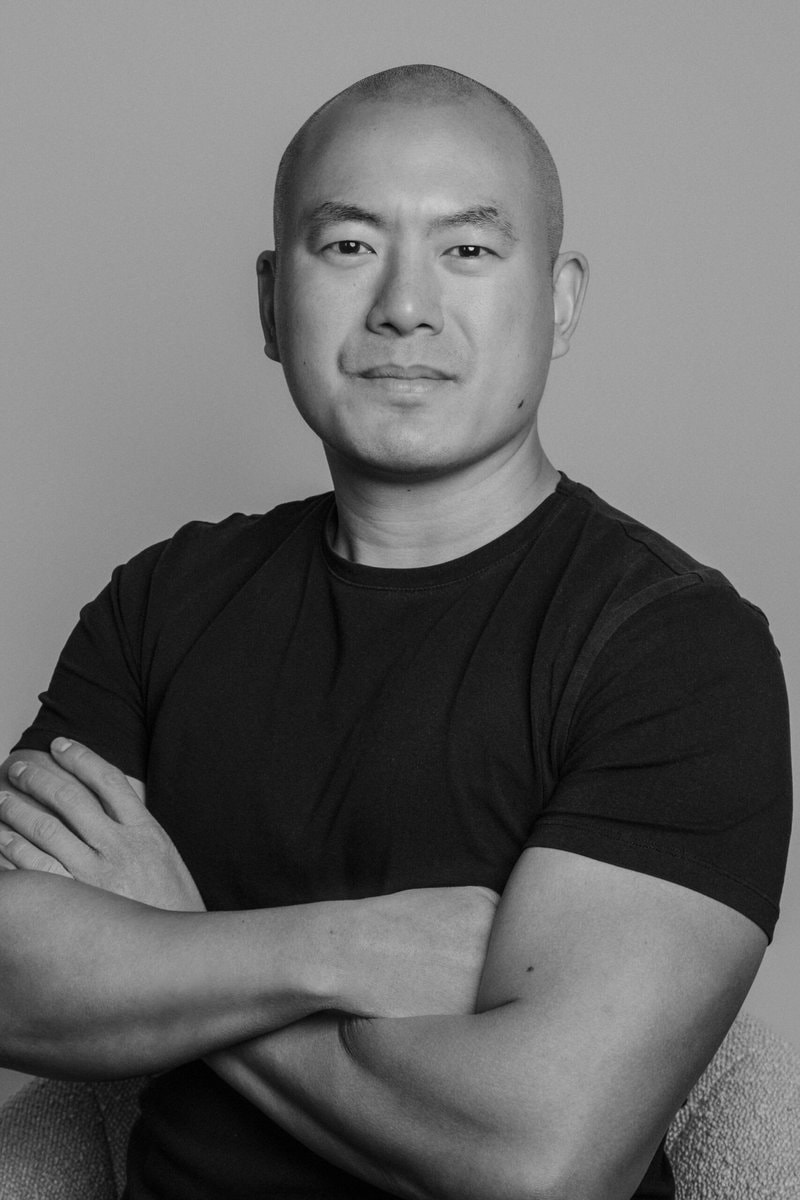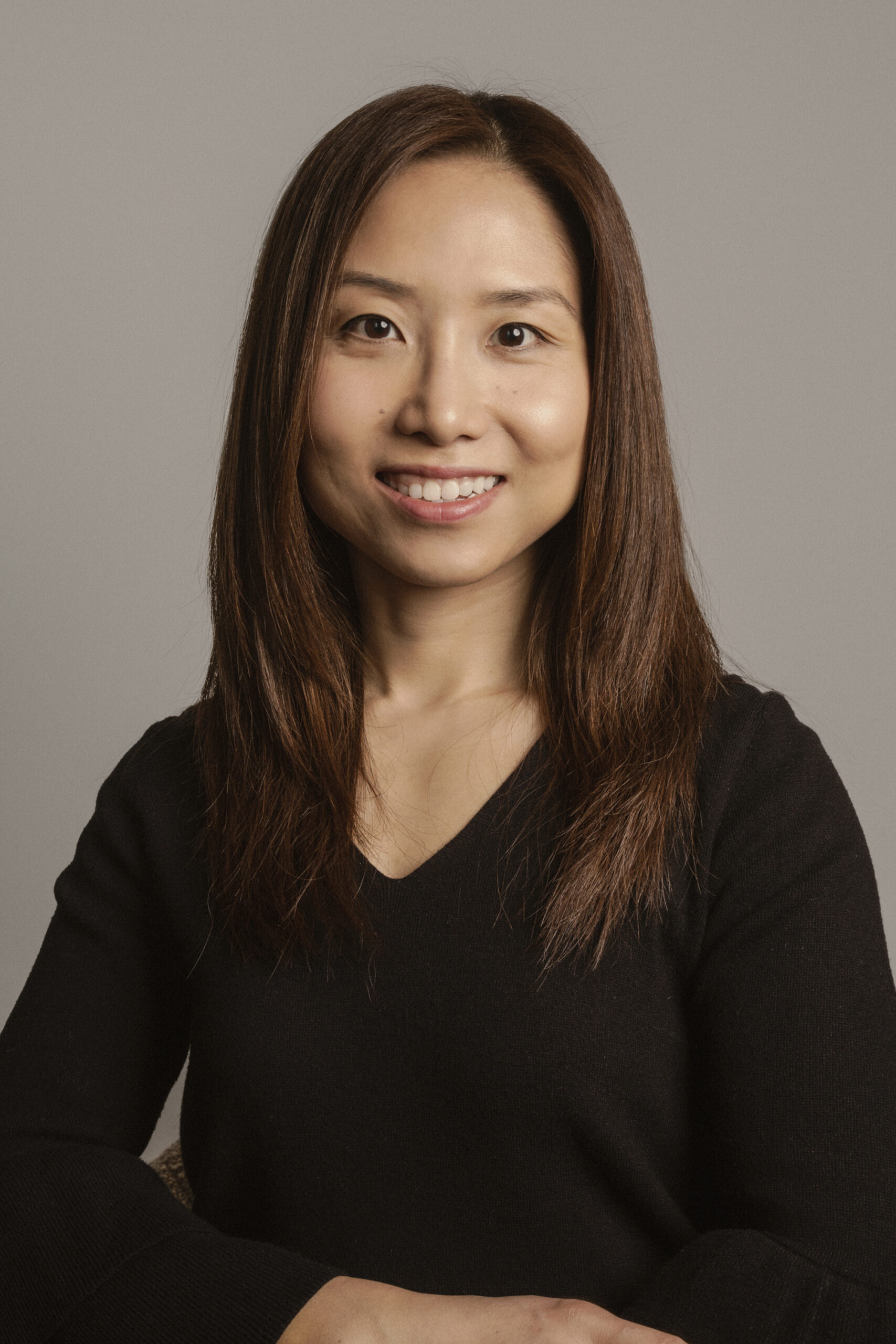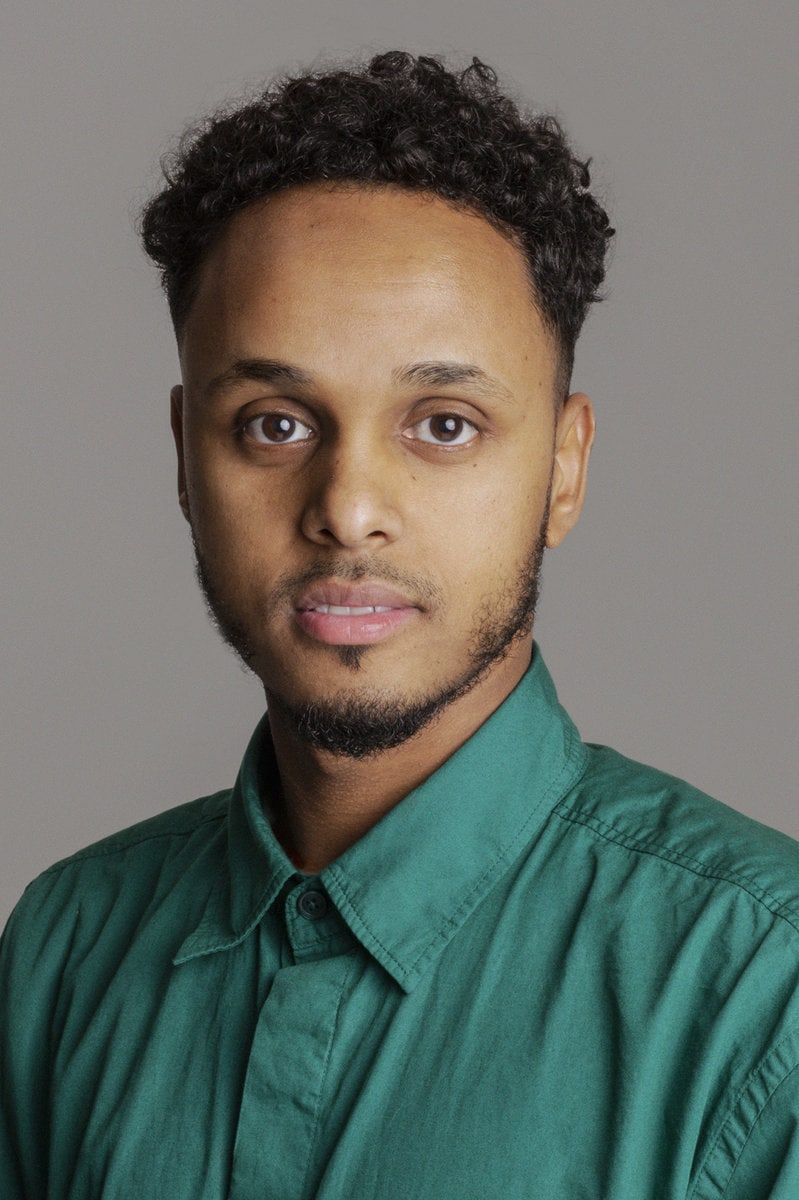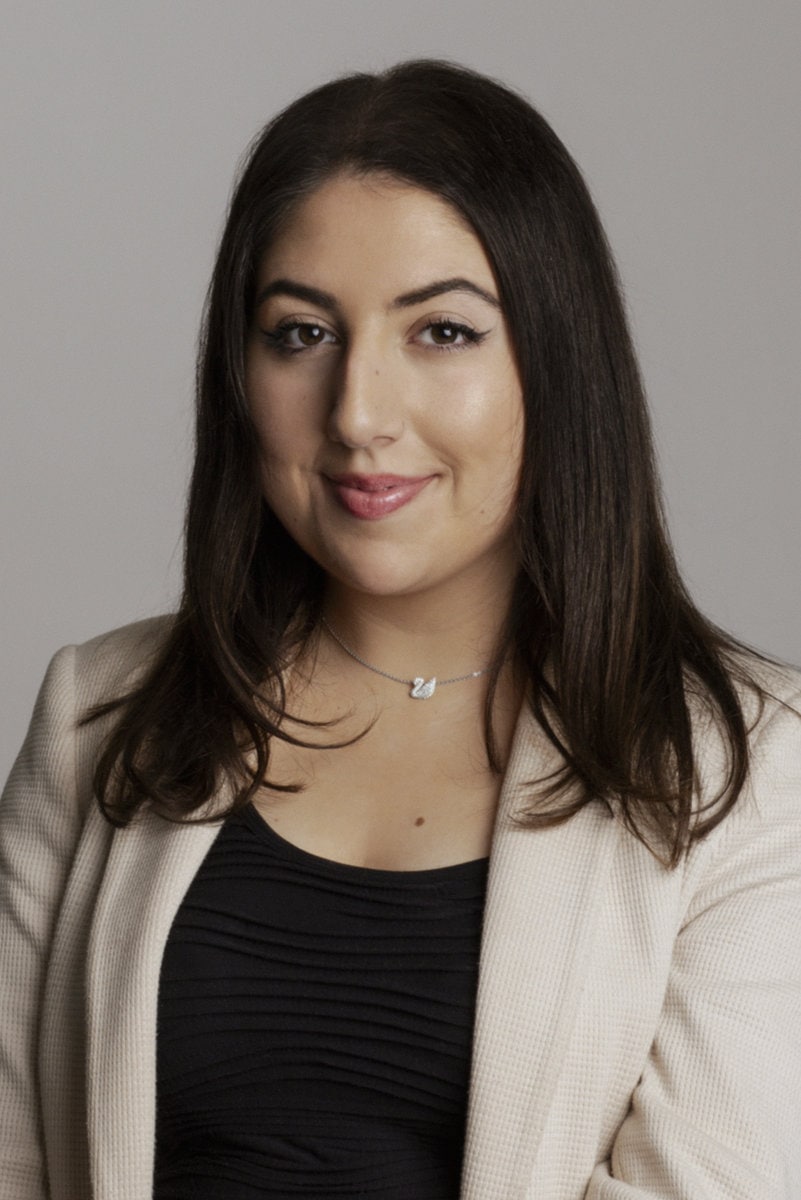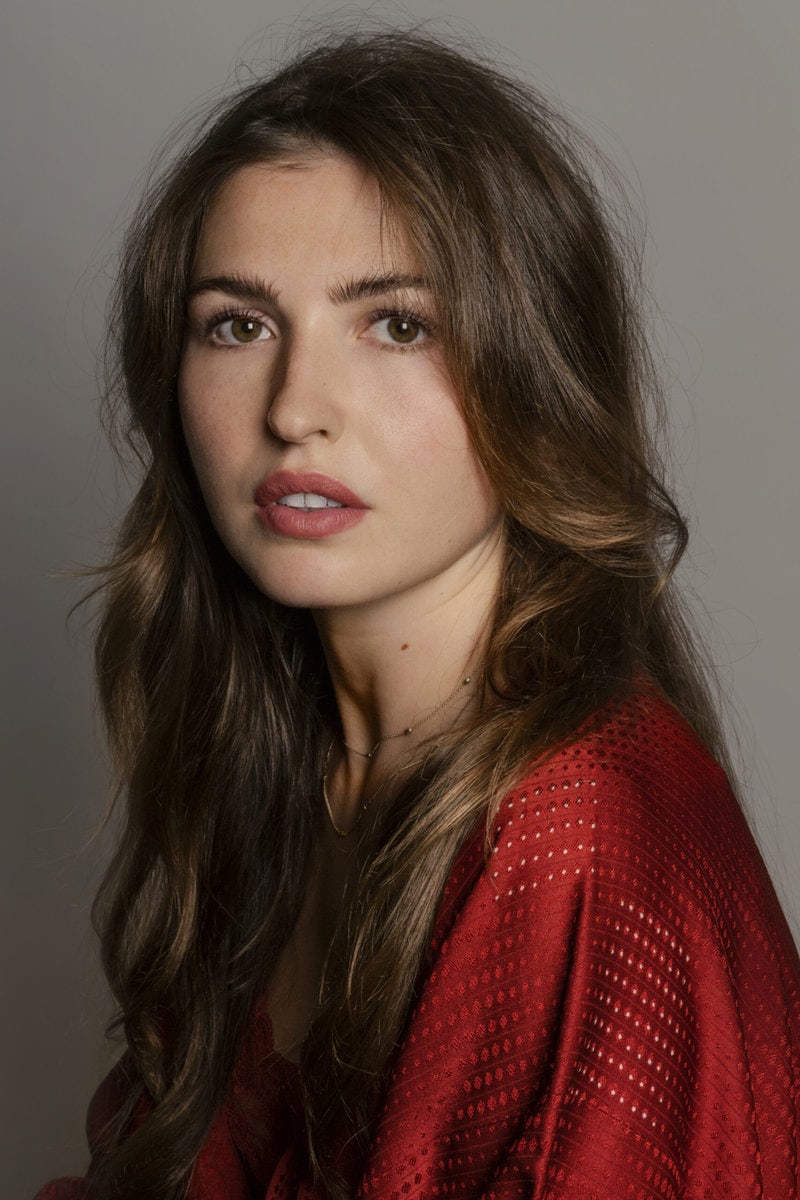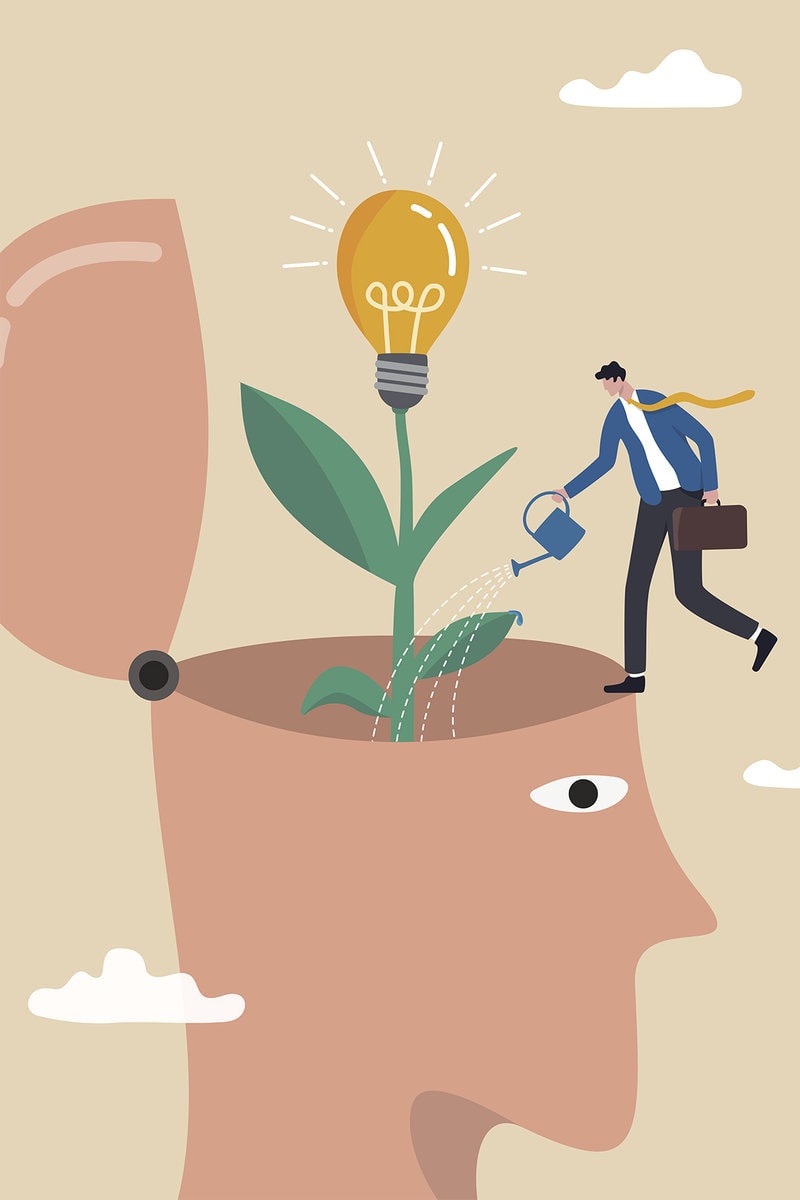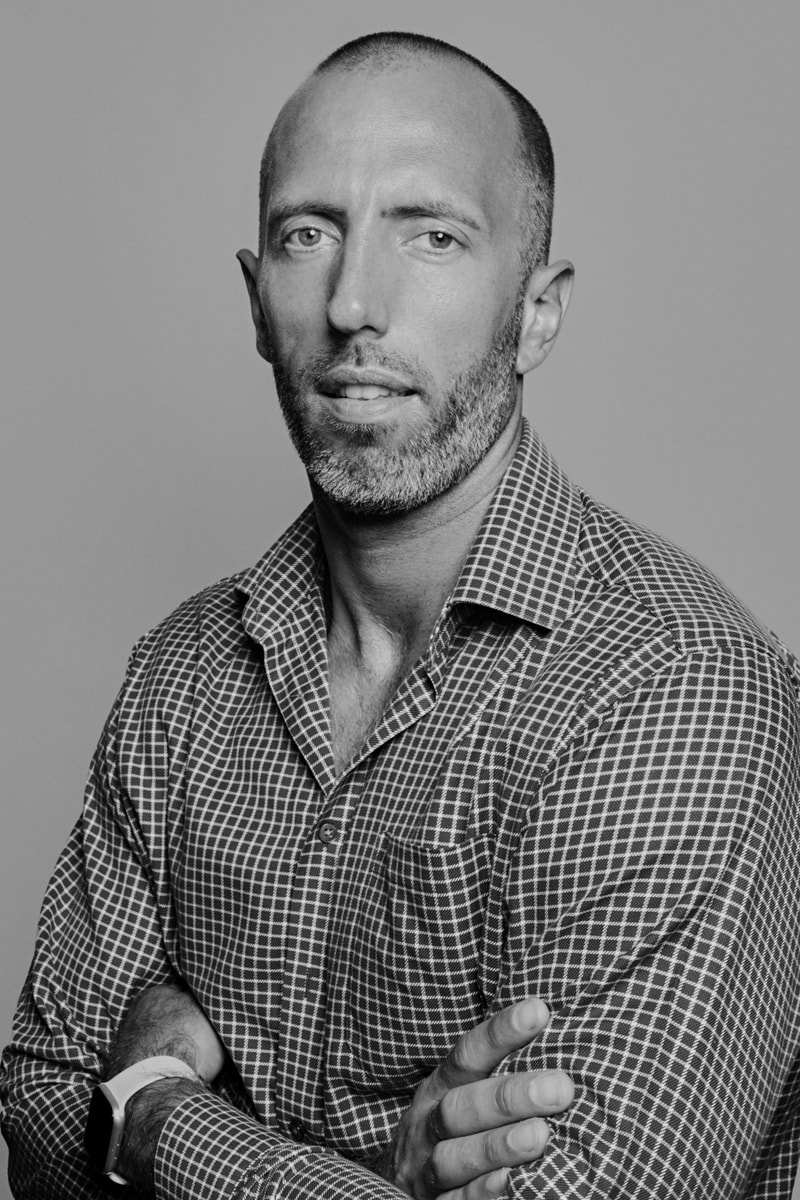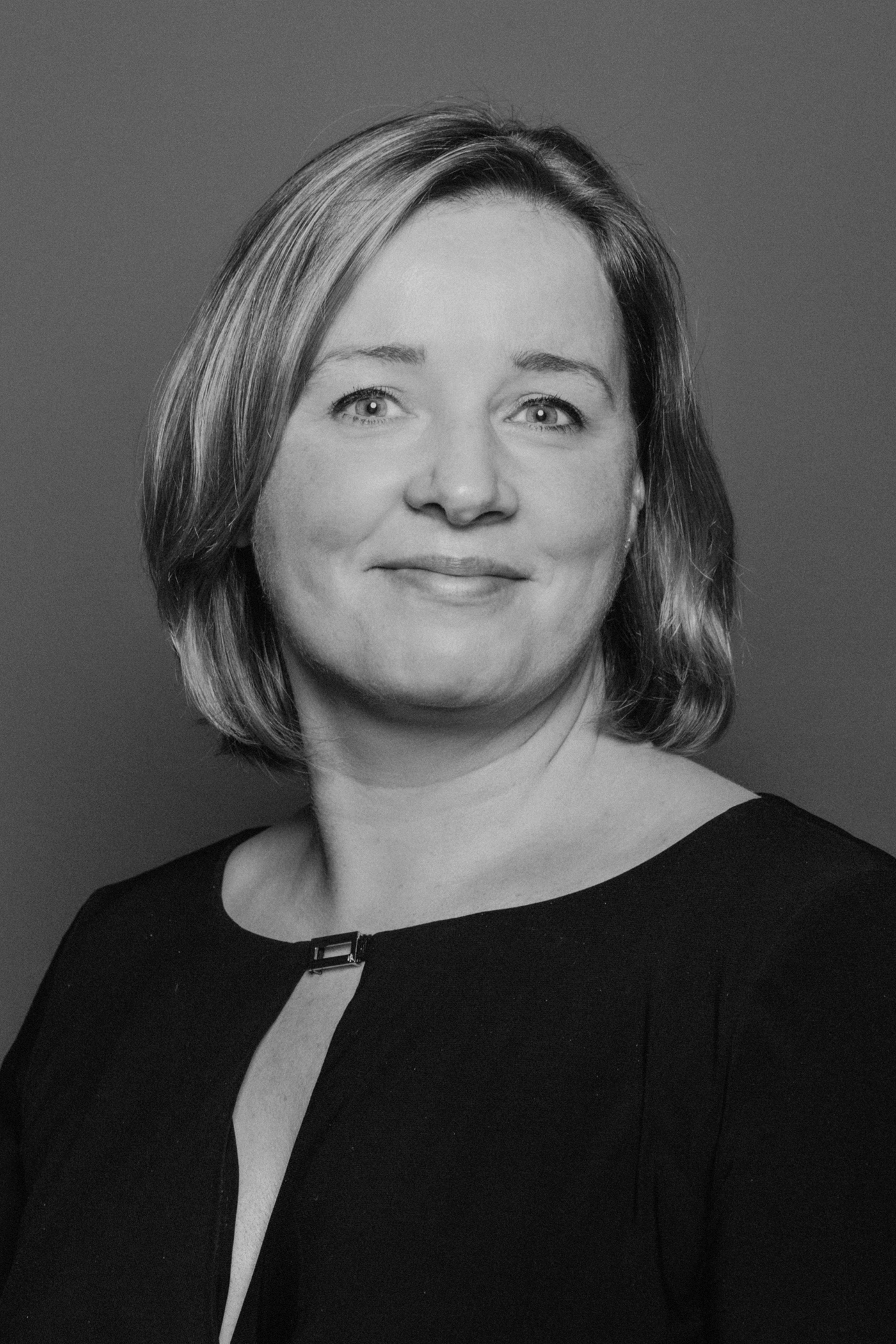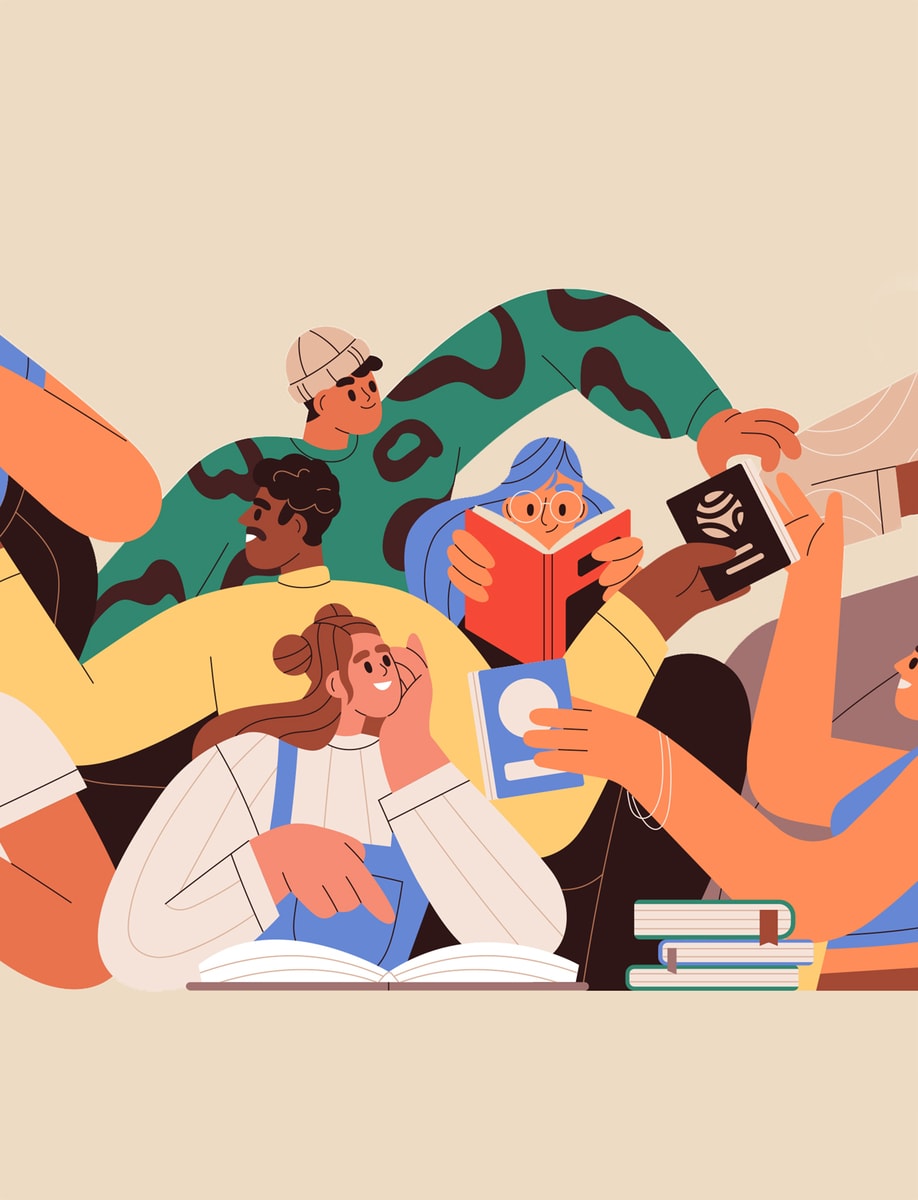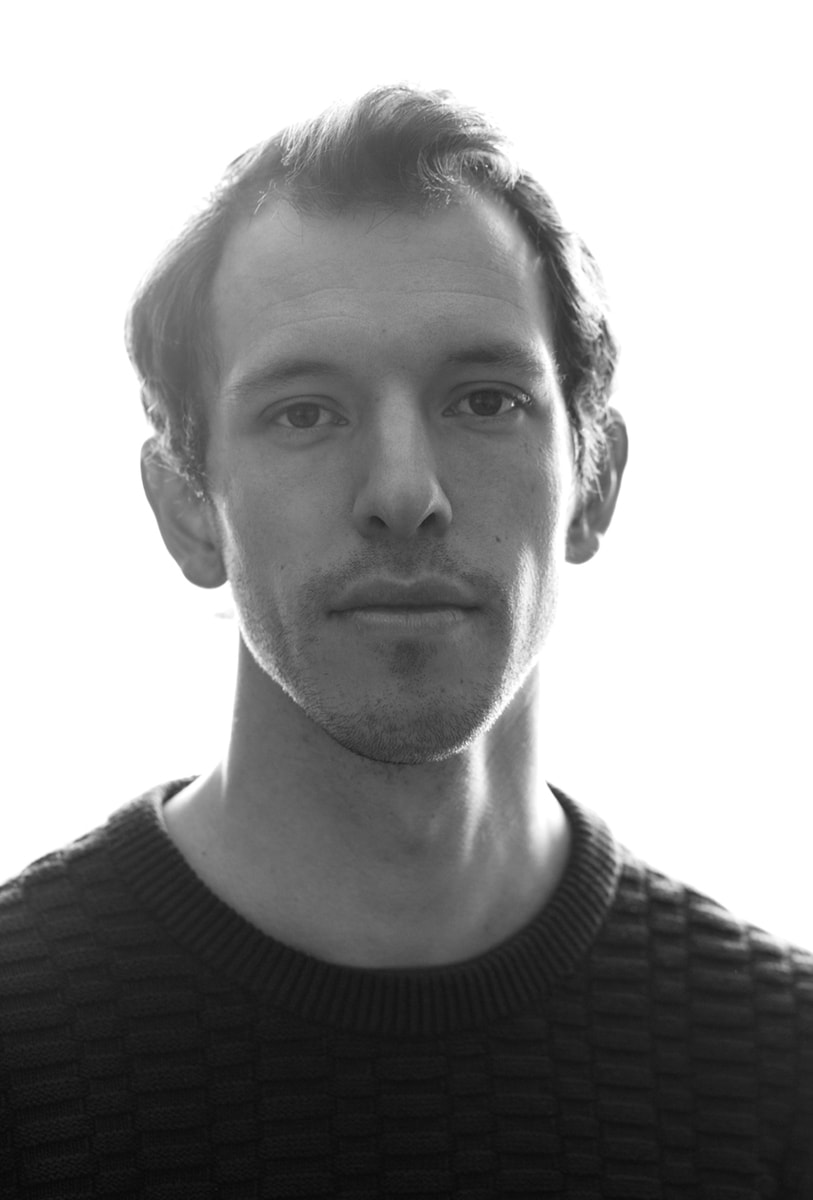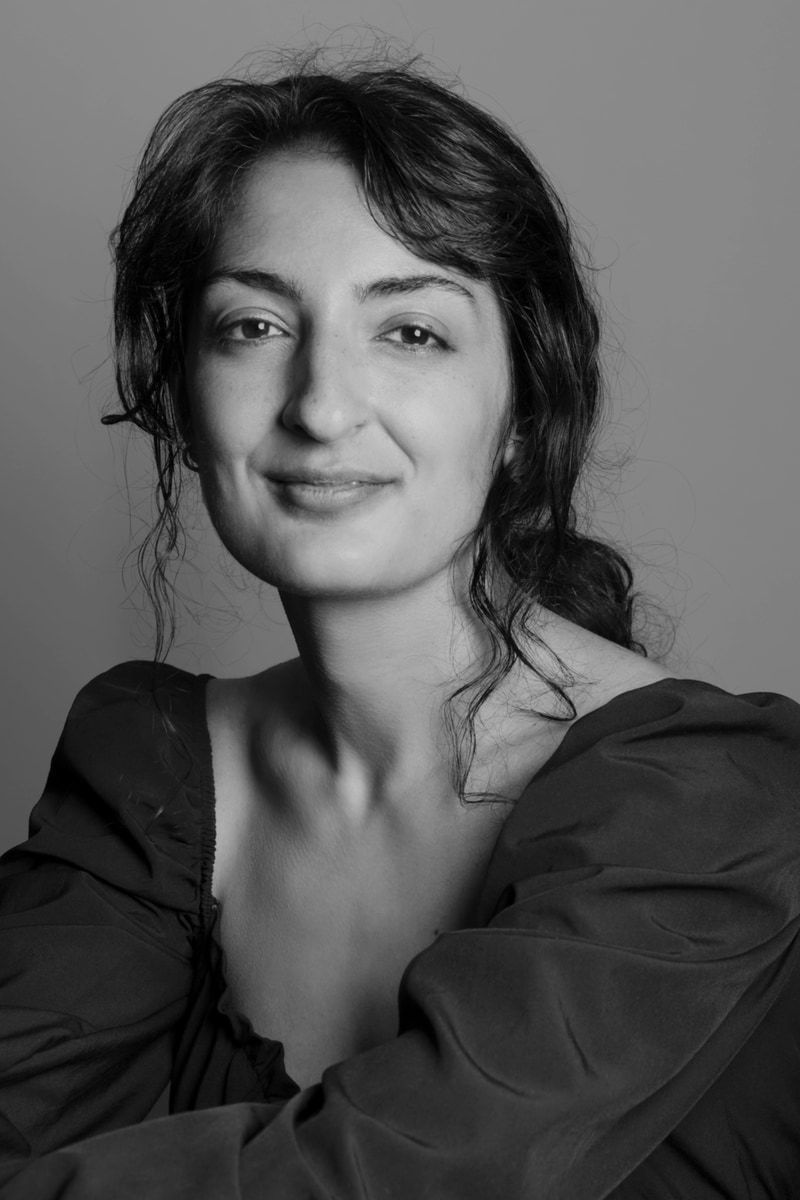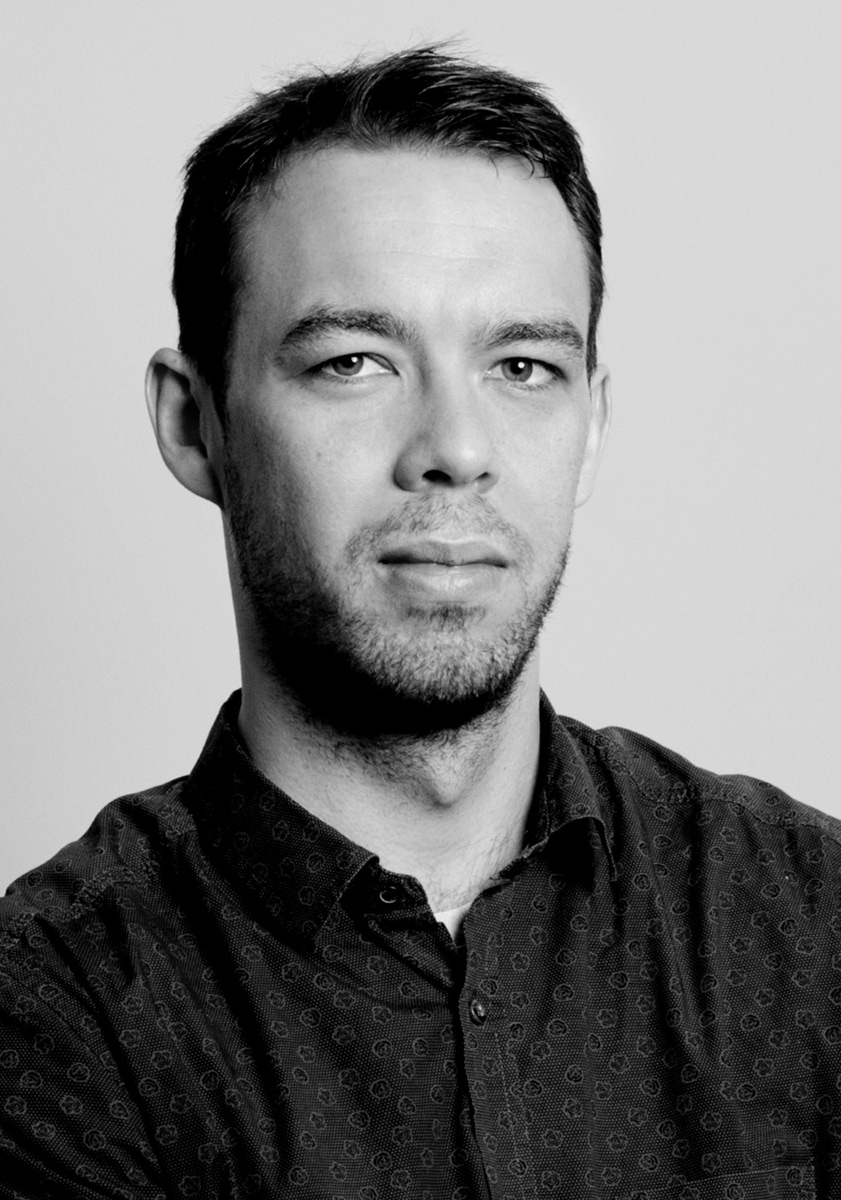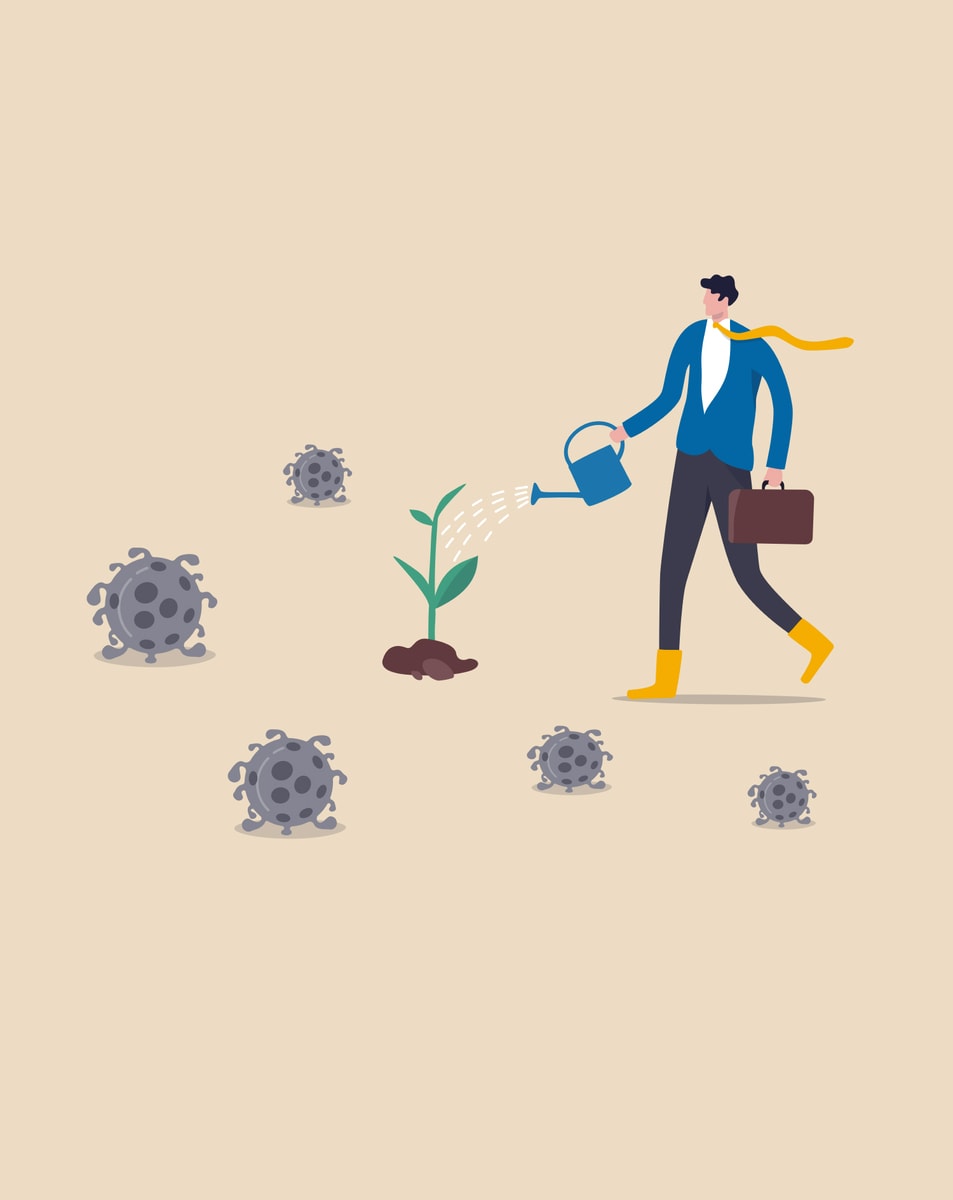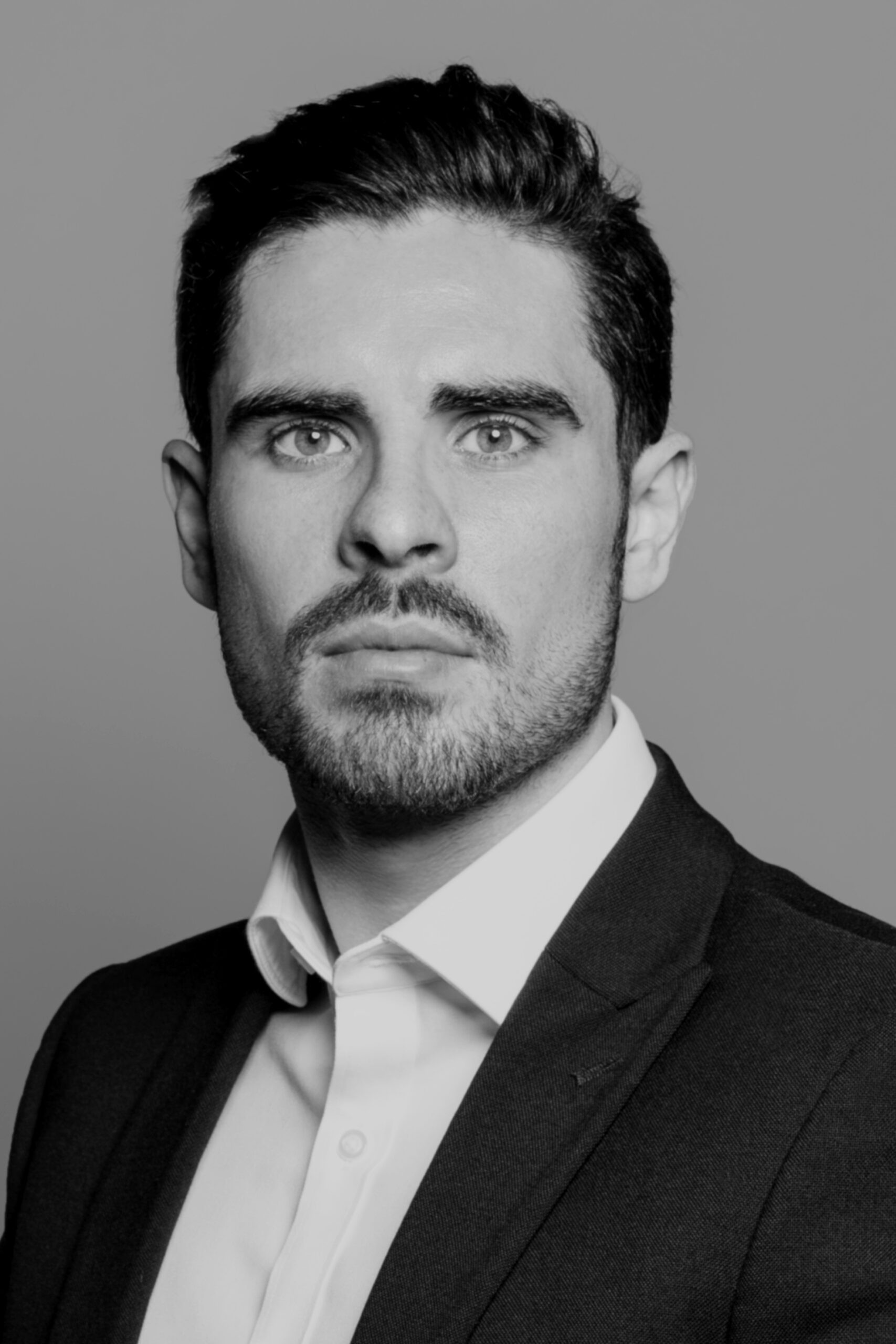
“
I do believe an artist is a type of person, and I think there are plenty of artists in this world who aren’t living as artists who have exhibitions or are involved in the art world; but it’s how I see myself and many of my friends
“
Born in America and raised in Germany from age 11, multi-disciplinary artist Daniel DeWolfe has been drawn to creating art since early childhood. By the summer of 2012 he had moved to Scotland to study at Glasgow School of Art, which, for DeWolfe then aged 20 “was almost like the virtual and creative world that existed in my bedroom at home and on my laptop met real life, and it was like, ‘oh this doesn’t need to be confined to my bubble in the middle of Germany, in the middle of nowhere.’ ” After Graduation, he has been taking time to grow, traveling a little and working outside of the art world, which has given him room to explore and enjoy art on his own terms. He doesn’t restrict himself to exploring the one medium, he plays with as many as he can in his non-binary approach “there’s so much variety within a creative lifestyle that you can do, be it painting or illustrating, digital art, then you can transition into music and sound and writing, so there are all these different categories, and personally I’ve always dabbled in everything.”
His attraction to a hybrid of artistic disciplines and multi-sensory art forms, stems from early childhood, the affect of much creative exposure from his mother, as he describes “she is a passionate creative person with a very diverse background, and I think it was natural for us to grow up around art materials. She played the piano and
she was always playing music and all sorts, and as long as I can remember I’ve loved to sing and make up songs and I’ve loved to sit and draw. It was just always something I naturally did. And write for the that matter, poetry or lyrics or stream of thought type of stuff.” He continues “So there were always those three mediums; the visual the sonic and the lyrical… or written.”
Fast forward to DeWolfe’s teenage years, around the advent of digital technology, his experimentation with photography and digital manipulation was rife “I got my first digital camera and I started filming stuff and, admittedly, taking lots of selfies, but in quite a creative way. There would be a concept behind it, and I’d create studio set ups in my bedroom; I’d hang big sheets from the ceiling and I didn’t even have a tripod, so I’d stack books a meter high on my dressing table.” These days he keeps a low profile on social media; his online presence is refreshingly minimal for someone of his generation. On the platform he does use to showcase his art, there are no pictures of him, which seems a world away from the teenage self he reflects on; “I’ve always been interested in the way others perceive me… but, looking back, through self-portraiture I started to figure out how I saw myself more than anything.”
Reflecting on his long-term relationship with art DeWolfe says “I think, as a person, the way I think, the way I perceive things, and the way I react to things, I see myself as an artist. I don’t want to pigeonhole myself or other people, but I do believe an artist is a type of person, and I think there are plenty of artists in this world who aren’t living as artists who have exhibitions or are involved in the art world; but it’s how I see myself and many of my friends.”
“
beauty isn’t just symmetry and pretty things; there’s beauty in darkness and beauty in more complex things
“
Asking him about his why… and what drives him to create, he responds “I think a big element of art and creating anything is our affinity with things that are beautiful, we want to create beauty and, you know, beauty isn’t just symmetry and pretty things; there’s beauty in darkness and beauty in more complex things, but I do believe that I am driven by a longing for beauty.” He continues “art is a way in which we can process our surroundings and our impressions.
So what does the creative process of DeWolfe look like today? “I just naturally find myself doing it, I never plan it, it’s not like ‘oh I have a day off so I’m going to sit and draw’. Last night… I have this big MDF board that actually was part of a big crate that came into where I work. It’s about a meter fifty by a meter and I was like ‘let me take this home, this is a good drawing board.’ And recently I bought this massive role of water colour paper, so I was creating these big graphite drawings of faces and flowers and landscapes from my imagination, but that’s a pretty recent thing, doing it on such a large scale, which I think is kind of exciting. I think scale is important and I tend to draw on little A4 or A5 drawing pads. Before that I had a few weeks that I was just turning out digital drawings on my iPad, and they were like very poppy and in almost gaudy, acidic colours.”
“
I think this world is insatiable, and especially the internet makes us want so much. We are being advertised all these different ways of life like ‘oh I can travel the world’ and ‘I can be like this or that’, where it’s not just the individual that’s being sold to, it’s every single person who is engaging with, and it’s a heavy word, but, in a sense, propaganda.
“
DeWolfe’s views could be considered grounded and stoic for someone of his generation. This includes his awareness of the hyper-fast pace of modern life. “I think this world is insatiable, and especially the internet makes us want so much. We are being advertised all these different ways of life like ‘oh I can travel the world’ and ‘I can be like this or that’, where it’s not just the individual that’s being sold to, it’s every single person who is engaging with, and it’s a heavy word, but, in a sense, propaganda. So, I’ve been trying to check out of that.” He does this by staying off Instagram, and he doesn’t have a Facebook account, or any other form of social media. “I’ve not deleted my Instagram and I’m sure once I figure things out a bit I will use it as a tool, but actually having the app on my phone and being able to access it freely is a big waste of time, and I think it really messes with our emotions and perceptions…I think it’s quite helpful for me personally not to have it.”
Asking if he has any life advice that he’d pass on he responds “I’m 27 now, I’m not old but I’m not a teenager anymore. Probably for the first time in my life I’ve started to feel like an adult, and reflecting back over more difficult times, I realise that I undermined my intuition and the voice inside that told me that something wasn’t right and that a person wasn’t good for me, and I totally overrode that and just continued on a path that ended up being quite bad for me. I knew better and I didn’t listen to that and it got me into trouble and just really hard times; so don’t silence your gut feeling about situations, be it work, be it relationships, you know, even just small decisions. Growing up my mum always said, ‘if in doubt, leave it out’, and she’d apply that to… you know if you’re going through your closet and you’ve got a bunch of clothes you never wear, or if you’re going shopping and, oh there’s a nice pair of jeans, but they’re a bit short and a bit tight; if in doubt, leave it out.”

